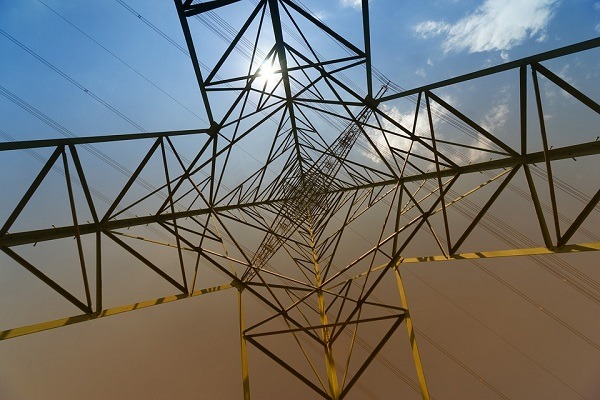Which type of a generator should you have while staying off-grid or facing a power outage? The answer is simple. Your needs may dictate the nature of the generator to select and use. Plus, for further details consider having a look at this website.
Now, generators fill the gap when you are facing constant power downtimes, affecting the productivity of an organization. Most importantly, as a family, your electronics such as a TV, Fridge, or PC need a power backup to ensure that there are no failures in achieving your goals.
A suitable generator should provide enough power to meet your needs. But the big question is, do you need an inverter or regular generator and, when do you need it?
Read on to learn.
Inverter Generator
An inverter generator is unique in that it has multiple parts that coordinate to bring an electrical output. Plus, the inverter uses fossil fuels and has the following:
- Battery
- Inverter
- Alternator
How does it work? Firstly, when you power it on, the engine produces a high-frequency currency (AC). Further, the alternator will convert this AC to DC. Then again, the inverter will transform DC into the AC.
As a rule of thumb, at 60Hertz, the inverter type will have an output of 120V. More so, the same generator produces a more stable current than other regular generators. The quality of power provided matches the one you can get from the mains electrical supplier!
Above all, the inverter generators have full control over the electoral output to provide efficient energy. Again, they have an option to adjust the voltage according to their underlying needs at a stable rate of 3600 rpm.
Still, this type of generator will maintain a steady current and remain less noisy throughout its operation. The benefits of having an inverter generator are:
- Compact and lightweight
- Less noisy
- Fuel efficient
- Environmentally friendly
- Safe and best for sensitive electronics.
Regular Generator
Well, a conventional generator uses a fuel-powered engine, together with an alternator, to enable an electrical output. The most commonly used fuels are diesel, propane, and gasoline. In addition to that, some hybrid generators can use more than one type of fuel.
In addition, a conventional generator can run on 3600 rpm to produce 120V at a frequency of 60 Hertz. Unfortunately, it provides a fluctuating voltage and Hertz known as harmonic distortion. Indeed, the kind of power produced may not be clean electricity.
Do you know that sensitive electronics like TV, mobile phones, and DSLR cameras require clean energy? Also, the regular generators are noisy since they cannot hold a stable 3600 rpm.
Overall, the conventional generators are portable, no matter the size and the weight. Still, they have wheels and handles. Notably, a bigger fuel tank will result in increased power.
Differences between an Inverter and a Regular Generator
1. Current
An Inverter generator will produce power in three phases. Firstly, it converts high-frequency AC to DC, then back to a stable AC. As if that is not enough, they have a steady sine wave to lower harmonic distortion.
That’s why; this generator is suitable for sensitive electronics such as tablets and laptops.
On the other hand, a conventional generator produces AC electricity with an unstable sine wave. It experiences frequent harmonic distortions. Thus, it’s not suitable for sensitive electronics but can provide power to other devices.
2. Portability
Conventional generators are bulkier than the inverter. Consequently, they will need additional materials to house the entire machines, leading to more weight.
The presence of handles and wheels on conventional generators will contribute to their weight too.
On the other side, inverter generators are usually small due to smaller fuel tanks. They have a low output; hence, do not need a big engine.
3. Efficiency and Power
Conventional generators produce more power than inverter ones. A large tank implies more electrical power. By contrast, the inverter generator produces a stable current, making them more energy-efficient.
4. Noise
Conventional ones produce more sound, some ranging to 64 dB or beyond. The technology behind inverted generators makes them less noisy, providing around 54-58dB.
5. Pricing
Inverted generators are more expensive than conventional generators. The main reason is they tend to have extra benefits like:
- Less noise
- Stable electrical current
- Greater fuel efficiency
Now, answering the question, “When do you need an inverter?” Simple, you may need an inverter if you want to power your laptop or TV onboard. For the campers and those who use boats, they may require an inverter to provide power to their devices. You might also want to look at options for a Chiller Rental as well.
Final Thoughts
Your needs will determine the type of generator to use and efficiently handle all the challenges. For instance, a conventional generator can power your worksite and home. With this in mind, you can decide on a suitable generator to match your needs.
